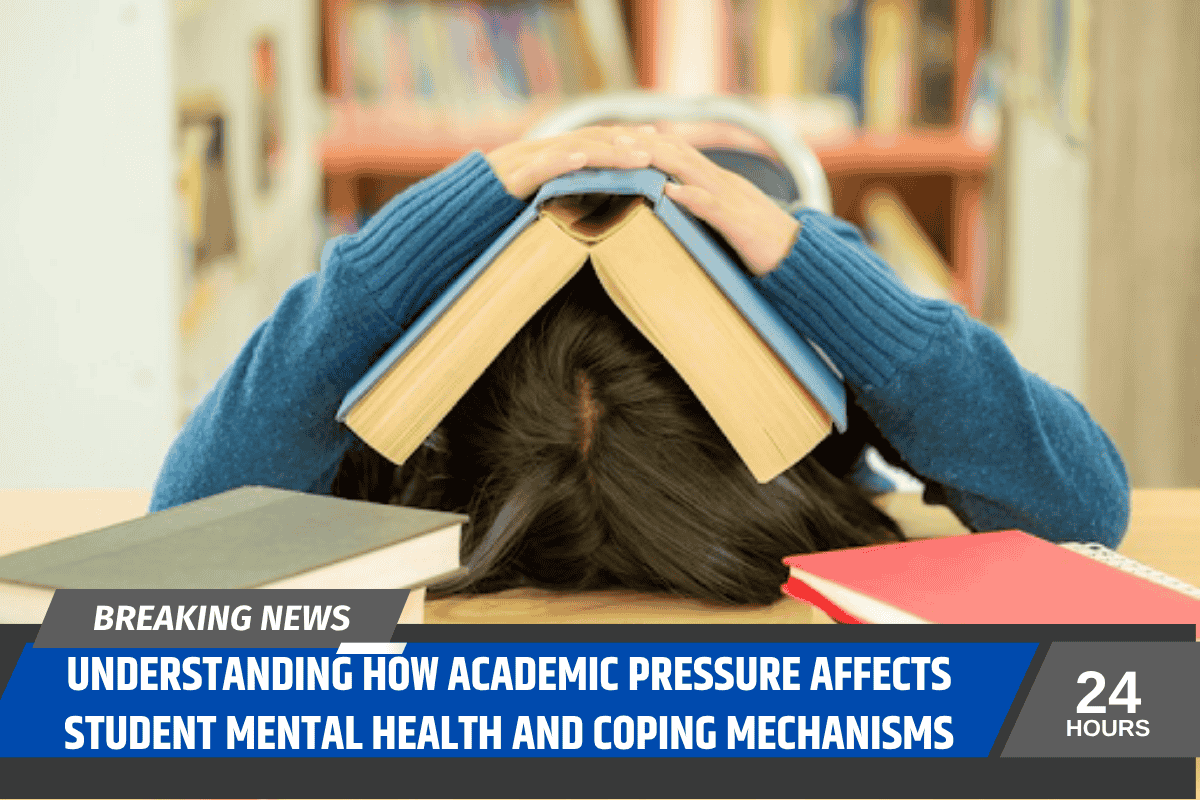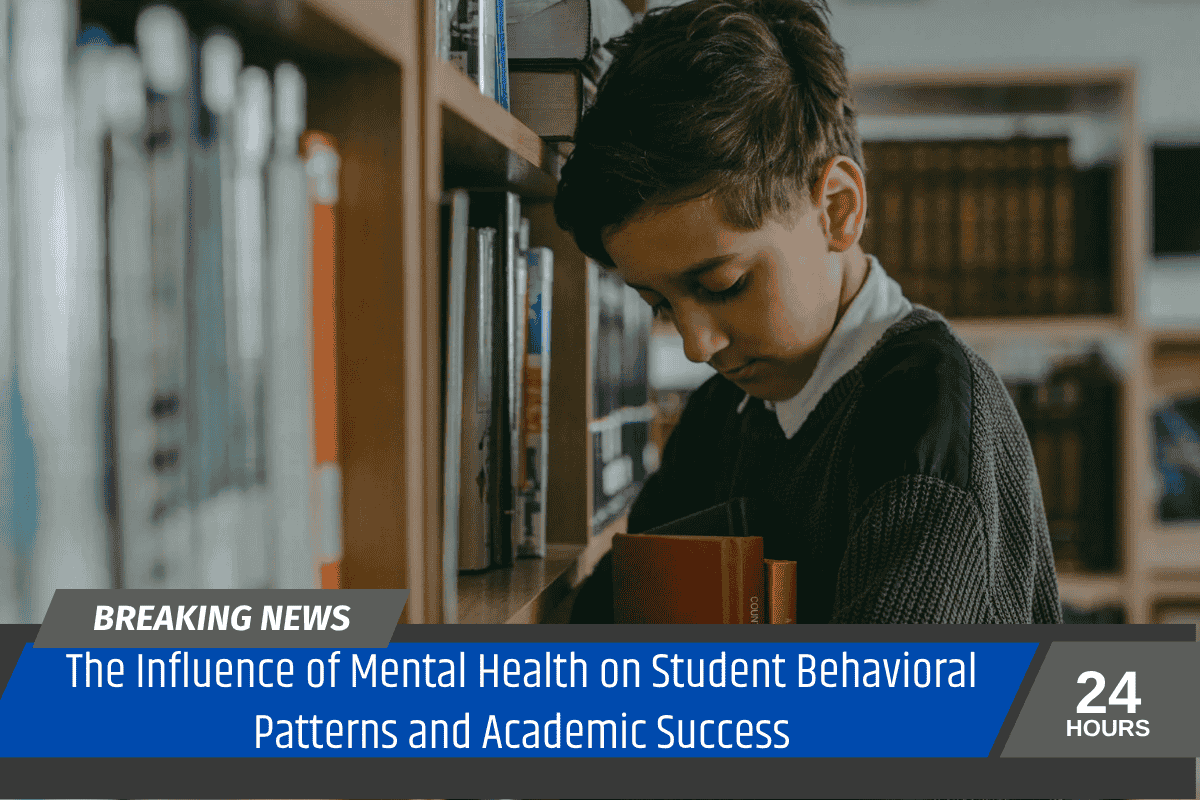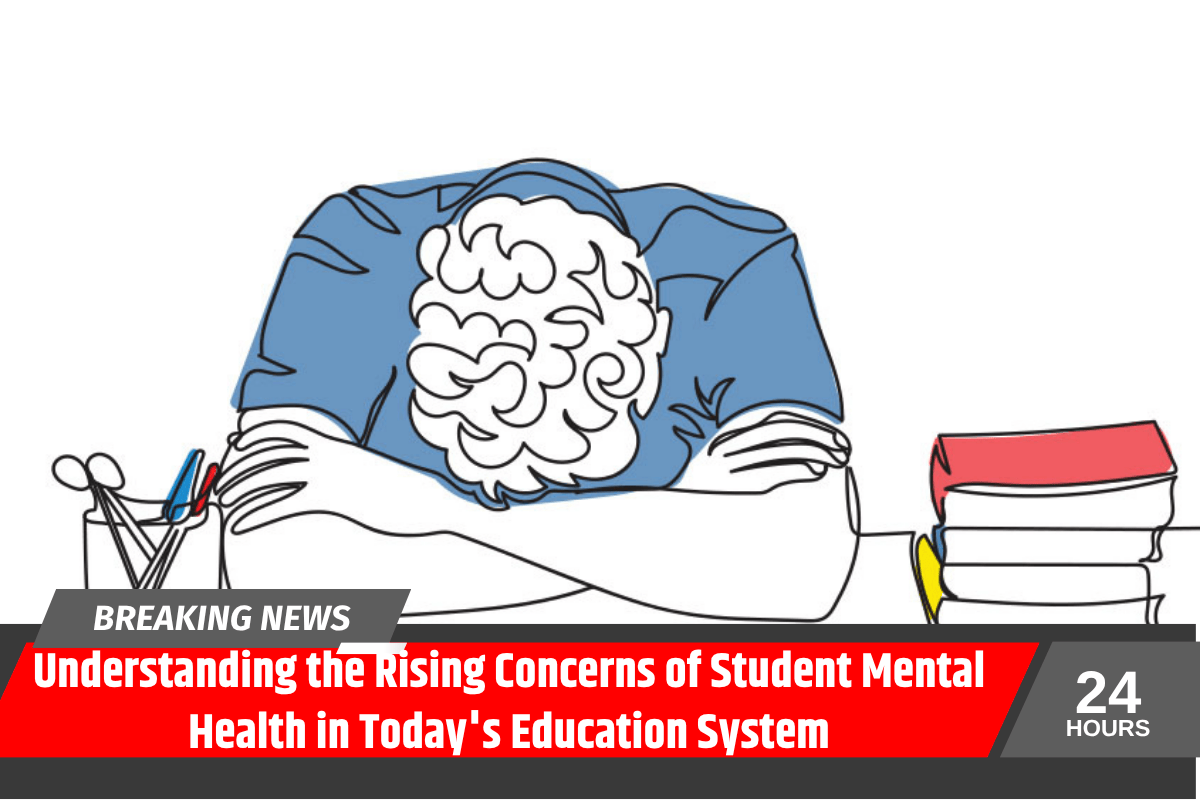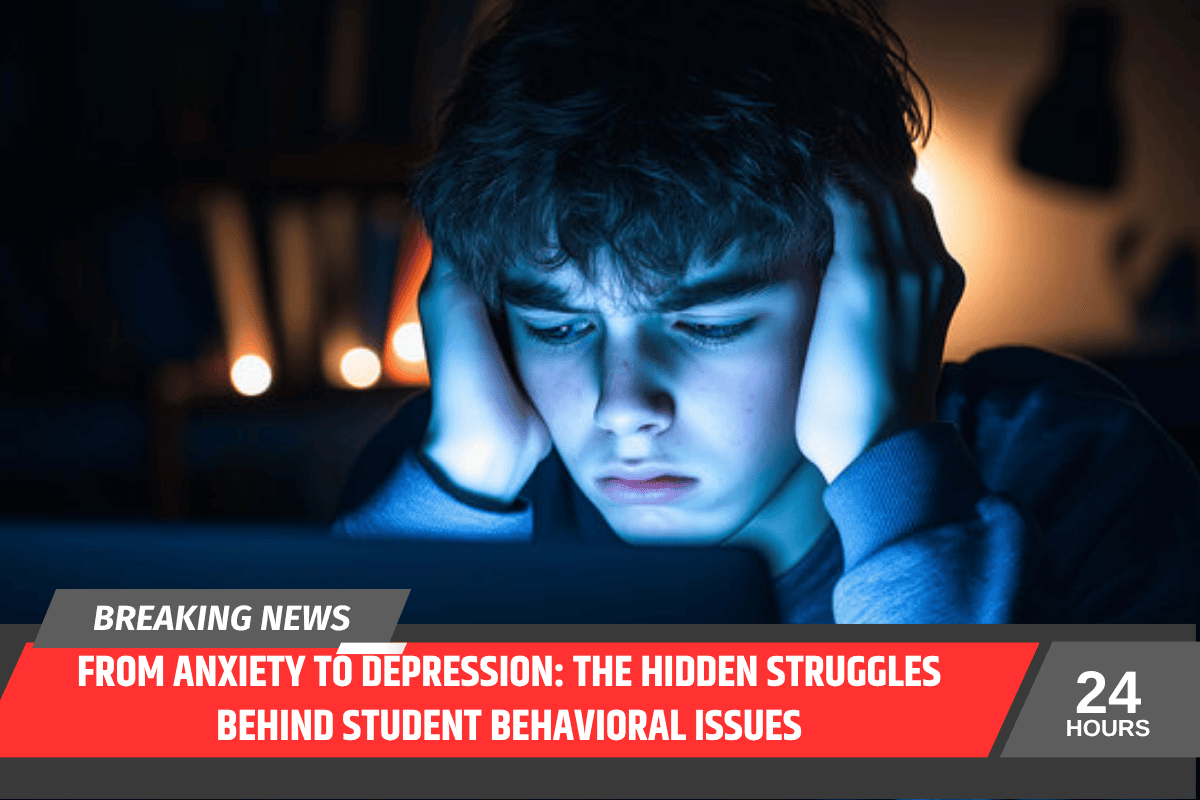In today’s fast-paced world, academic pressure is a reality that many students face. Whether in school or university, the pressure to perform well in exams, meet deadlines, and excel in various subjects is immense.
While academic success is important, the intense stress associated with it can severely impact students’ mental health. It is crucial to understand how academic pressure affects students and explore effective coping mechanisms to manage it.
How Academic Pressure Impacts Student Mental Health
Academic pressure can have both short-term and long-term effects on a student’s mental well-being. The constant need to achieve high grades, keep up with assignments, and meet the expectations of teachers and parents can lead to anxiety, depression, and even burnout.
One of the most common effects of academic pressure is anxiety. As students constantly worry about exams and assignments, the fear of failure begins to take a toll on their mental health. This can result in sleepless nights, lack of concentration, and a feeling of constant stress.
Over time, this anxiety can lead to more serious mental health issues like depression, which is becoming increasingly common among students of all ages.
Another significant impact of academic pressure is low self-esteem. Students often tie their self-worth to their academic performance. When they don’t achieve the grades they expect, they may feel inadequate and experience a drop in confidence. This constant cycle of stress and self-doubt can cause students to lose interest in their studies and feel disconnected from their academic goals.
Additionally, academic pressure can lead to physical symptoms such as headaches, stomach issues, and fatigue. This is because the body is constantly in a state of stress, making it harder for students to relax and recharge.
The Role of Social Media in Academic Pressure
In recent years, the rise of social media has added another layer of pressure on students. With platforms like Instagram, Facebook, and Snapchat, students often compare themselves to their peers who may seem to be excelling academically.
This comparison culture can lead to feelings of inadequacy and lower self-esteem. The pressure to showcase a perfect academic life online can exacerbate stress, making it difficult for students to feel content with their achievements.
Coping Mechanisms for Students Facing Academic Pressure
While academic pressure is real and can be overwhelming, there are several ways students can cope with the stress and protect their mental health.
One of the most effective coping mechanisms is time management. Students who manage their time wisely can reduce the feeling of being overwhelmed.
Setting realistic goals and creating a study schedule can help students break their workload into smaller, more manageable tasks. This way, they don’t have to deal with last-minute cramming or unnecessary stress.
Another helpful strategy is practicing mindfulness and relaxation techniques. Taking short breaks during study sessions and engaging in activities such as deep breathing, meditation, or yoga can reduce anxiety and improve focus.
These techniques allow students to clear their minds and recharge, so they can approach their studies with a fresh perspective.
Talking to someone is also crucial in managing academic pressure. Whether it’s a teacher, counselor, or family member, having a support system can make a huge difference.
Students who feel comfortable expressing their concerns are less likely to bottle up their emotions, which can lead to a healthier mental state.
Physical activity is another great way to cope with stress. Exercise releases endorphins, the body’s natural stress relievers, and can help students feel more relaxed and energized. Even a short walk or a quick workout can do wonders for a stressed mind and body.
Finally, seeking professional help when needed is important. If a student feels overwhelmed by stress or anxiety, speaking to a mental health professional, such as a counselor or therapist, can provide valuable coping strategies.
Schools and universities often have resources available to students who need mental health support.
Academic pressure is a significant factor in the mental health of students today. While the pursuit of academic excellence is important, it should not come at the cost of one’s well-being.
By understanding the effects of academic pressure and incorporating effective coping mechanisms such as time management, relaxation techniques, physical activity, and seeking support, students can better manage their stress and maintain their mental health. With the right support, students can achieve their academic goals without compromising their mental well-being.






